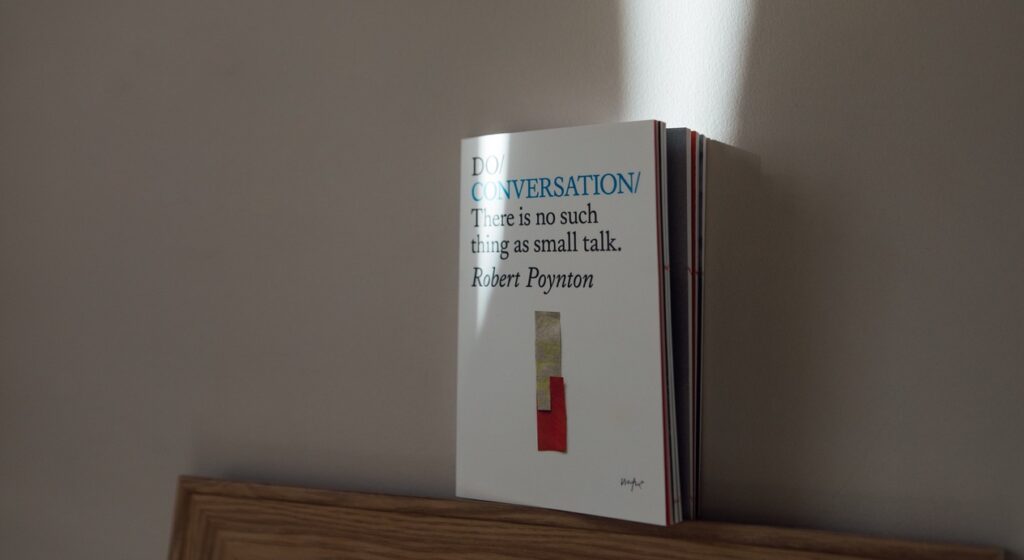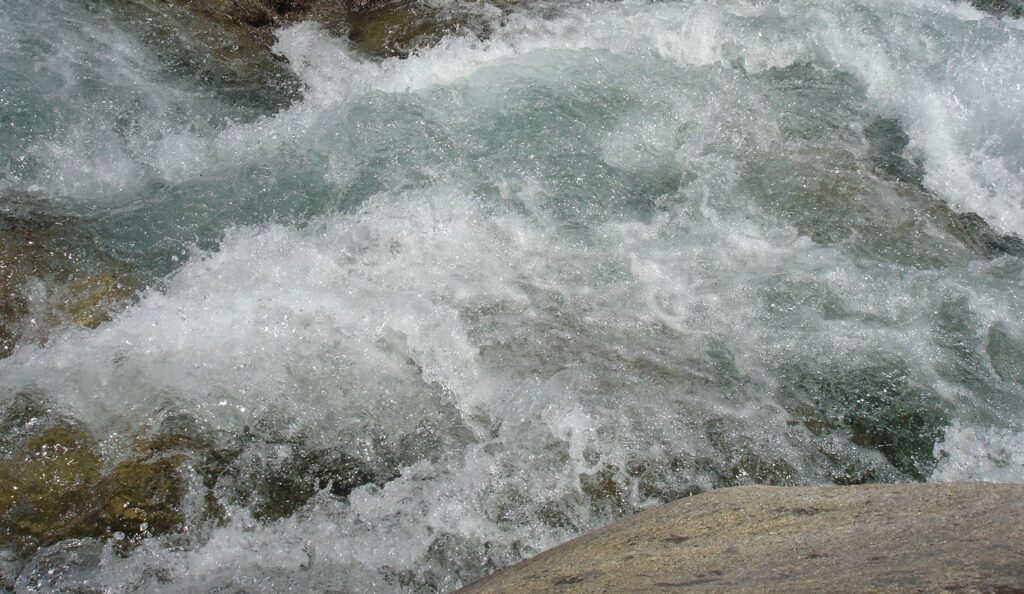Recently I have become very interested in the issue of scale. In particular in the assumption that more, or bigger, is better (necessary even). This assumption is everywhere. Business seek more sales, more customers, more products and yet more growth. Pressure groups want more supporters, more people signing their petitions and making more contributions so they can get bigger still. Business schools and even alternative conferences want more talks on their web sites, bloggers and authors want more readers and so on. ‘Ah, but does it scale?’ is a question on every consultant’s lips. Success means achieving big numbers, and, big numbers means success. More is almost universally assumed to be merrier.
I question this. Or, to be more precise, I question that being able to scale is the only, or the most important indicator of worth. I have two problems with the idea that scale is necessarily good. First, in many cases it is self-defeating. We are subtle creatures, who both need and enjoy intimacy, connection and nuance. As organisations or endeavours (of any kind) grow the sense of intimacy and connection inevitably diminishes – for everyone involved – creators, staff, customers, suppliers, audience. As a result organisations introduce systems and processes, normally heavily automated ones (like computerised call handling) to substitute for intimacy, but these are a poor imitation and we feel the difference profoundly.
Or, as things grow, they simply become unwieldy. To take one specific example there are now far too many talks on TED for me to find it a good use of my time. The people than run TED chose to make it bigger (it wasn’t something they had to do) and that choice has consequences. Something is lost as the thing gets bigger.
The second reason is to do with complexity and requisite variety. Colin Tudge talks about this eloquently in the context of farming in his Do Lecture but I think the point is more widely applicable. Scaling implies that at some level there is a uniform, reproducible, standardised element. Software, as Microsoft conceived of it in their heyday, is the apogee of this approach. However, complexity doesn’t lend itself to this approach. If you want to create value in the system as a whole, instead of just exploiting the capital of the system for your own good, you need to be sensitive to local, micro conditions, you need a wide variety of options and possibilities to choose from and you need to pay close attention to what is unfolding and changing as it does so. Webs of tightly coupled interaction are anything but uniform, as nature shows us all the time.
So I don’t think scale is all it is cracked up to be. The diseconomies of scale, whether personal (alienation and depersonalisation) or systemic (soil degradation and resource depletion) are intimately connected to this obsession with growth.
I am convinced that more often than not (particularly in the longer term) the diseconomies of scale are as important as the ‘economies of scale’ that we hear so much about. Our insistence on scaling up, coupled with the impatient way we go about it creates at least as many difficulties as it solves. If we want to create an ecological economy (and if we can’t then I think we are toast) then we need to give up this monotonous insistence on size. Again, ecology shows us the way – as Paul Colinvaux points out in the very title of his book ‘why big fierce animals are rare’.
I am prepared to admit that this dislike of scale could just be a question of personal taste. Or it could be a handy post rationalisation for a personal failing – more than once I have been told (rightly, I think) that I lack the ambition, persistent or stamina to grow something ‘significant’.
Even so, I also think it is valid to suggest that there other ways to proceed and that backing off from a relentless focus on scale can be a good place to start. Scale isn’t the only way to create an impact.
For example, I recently held an event for fifty people called The Creative Tapas experiment. It couldn’t possibly scale. It won’t even be repeated at the same level of scale. Yet it had an effect, of a different kind. It acted as a catapult. It has created leaps and discontinuities in relationships amongst people who have known each other for years, created new connections, opened up new possibilities and given people a great gift of seeing what they themselves are capable of, given the right conditions. And those are just the things we can see a month on from the event.
The effects of that event and the experience it created will never acquire any visible scale. I won’t become famous or rich as a result. But the impact is there. And sometimes, I think that is enough.




